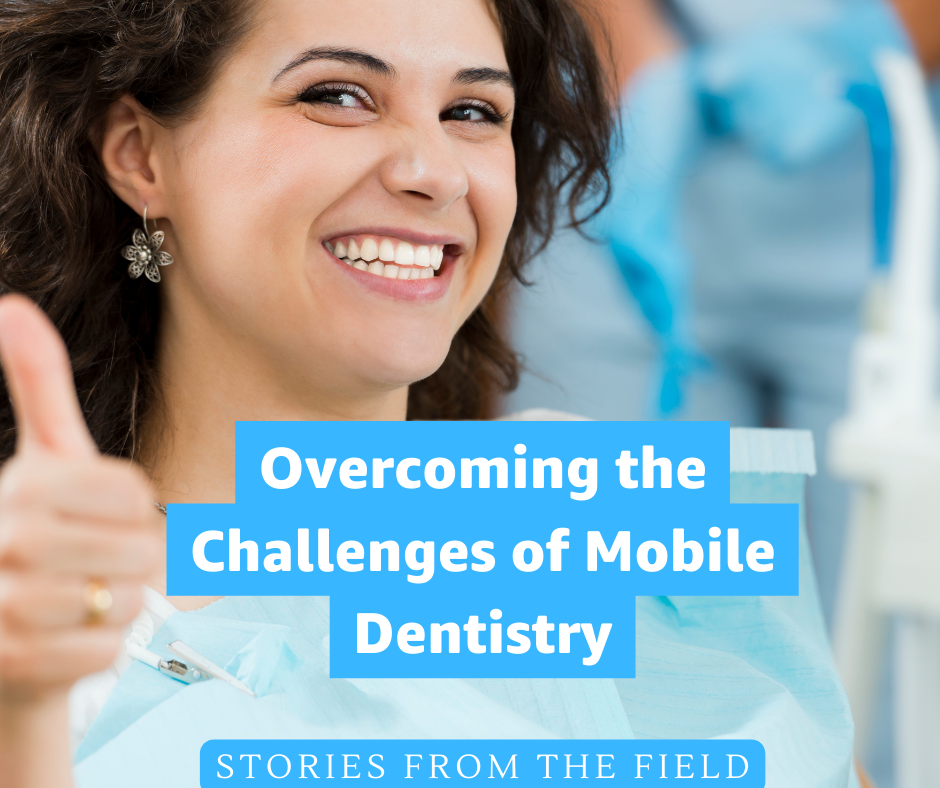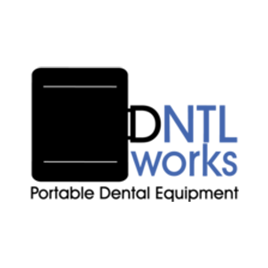
Overcoming the Challenges of Mobile Dentistry: Stories from the Field
Share
Mobile dentistry is becoming increasingly popular as it offers an alternative to traditional dental care. With the ability to bring dental care to patients, mobile dentistry can help improve access to care for underserved populations, such as those in rural areas, nursing homes, and schools. While mobile dentistry offers many advantages, it also presents several unique challenges. In this blog post, we will explore the challenges of mobile dentistry and share some inspiring stories from the field.
Challenges of Mobile Dentistry
One of the biggest challenges of mobile dentistry is the lack of access to equipment and supplies. Unlike traditional dental offices, mobile dental units are limited in their storage capacity and often require specialized equipment to provide care on the go. Additionally, mobile dental units must be equipped to handle the unique challenges that come with providing dental care outside of a traditional office setting, such as limited space, limited electricity, and limited water supply.
Another challenge of mobile dentistry is the need for specialized training and experience. Dental professionals must be able to work independently and adapt to a variety of situations when providing care in remote or underserved areas. They must also have the necessary training to operate mobile dental equipment safely and effectively.
Inspiring Stories from the Field
Despite these challenges, many dental professionals have found success in the field of mobile dentistry. Here are some inspiring stories from the field:
-
Dr. Jane Grover, a dentist and public health advocate, created the Chicago Dental Society Foundation's Mobile Dental Clinic in response to the lack of dental care in underserved communities. The clinic is a fully equipped mobile dental office that serves children in schools and community centers throughout Chicago.
-
Dr. Michael Wood, a dentist in California, started his mobile dental practice to bring dental care to patients who were unable to travel to a traditional dental office. He outfitted his van with state-of-the-art dental equipment and offers a full range of dental services, from cleanings to restorative treatments.
-
Dr. Roseanna Means, a physician in Boston, founded the nonprofit organization Women of Means to provide medical and dental care to homeless women. She operates a mobile medical clinic that travels to homeless shelters throughout the city, offering dental care, as well as medical care.
-
Dr. Tom Wold, a dentist in Minnesota, founded the nonprofit organization Sharing and Caring Hands to provide dental care to homeless people. He travels throughout the state in his mobile dental unit, offering free dental care to those who need it most.
Conclusion
Mobile dentistry offers many challenges, but it also offers unique opportunities to improve access to care for underserved populations. By sharing stories from the field, we hope to inspire more dental professionals to consider mobile dentistry and find creative solutions to the challenges it presents. With dedication, training, and specialized equipment, mobile dental professionals can make a real difference in the lives of their patients.
